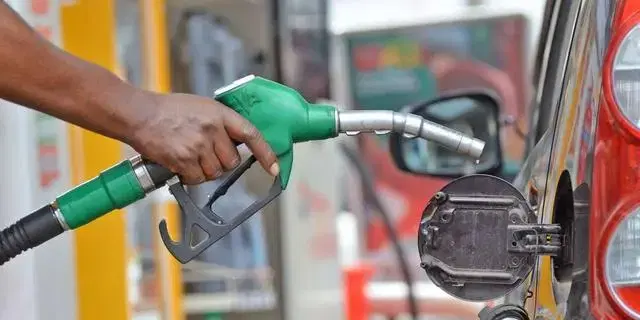
As Nigerians endure the effects of the recent fuel price hike by the Nigerian National Petroleum Company (NNPC) Limited, new developments bring some relief. Gistreel reports on the latest trends in petrol scarcity, price reductions, and reactions from the government and citizens.
The Independent Petroleum Marketers Association of Nigeria (IPMAN) has revealed that the deregulation of Nigeria’s downstream oil sector is driving a gradual drop in petrol prices.
Gistreel understands that increased competition among oil marketers, spurred by deregulation, has started to lower pump prices.
This development coincides with the importation of over 2 billion litres of Premium Motor Spirit (PMS) by the NNPC Limited and other operators within just 42 days. IPMAN’s National Publicity Secretary, Chinedu Ukadike, also credited the recent partnership between IPMAN and Dangote Petroleum Refinery as a significant factor in reducing petrol costs.

The Dangote Petroleum Refinery has reached an agreement with IPMAN to supply 60 million litres of petrol weekly, equivalent to 240 million litres monthly. The refinery’s capacity to meet this target depends on IPMAN’s demand and patronage.
The $20 billion Lekki-based refinery is also raising funds to enhance crude oil imports and expand production capacity. According to oil marketers, deregulation has intensified competition, contributing to the recent decline in petrol prices.
Meanwhile, organized labour has urged President Bola Ahmed Tinubu to reconsider policies such as the floating of the naira, increased electricity tariffs, and the hike in petrol prices.
At the National Delegates Conference of the National Union of Shop and Distributive Employees (NUSDE) in Ibadan, NUSDE President Aminu Megbontowon expressed concern over the severe economic challenges caused by these policies.
He criticized the rising cost of petroleum products, which now exceed N1,000 per litre, and electricity tariffs, which have surged from N68 to N227. Megbontowon emphasized that these costs are unsustainable in an oil-producing nation like Nigeria, where citizens’ purchasing power remains alarmingly low.
The call for policy reversals reflects the growing frustration among Nigerians facing escalating economic pressures.

Leave a Reply